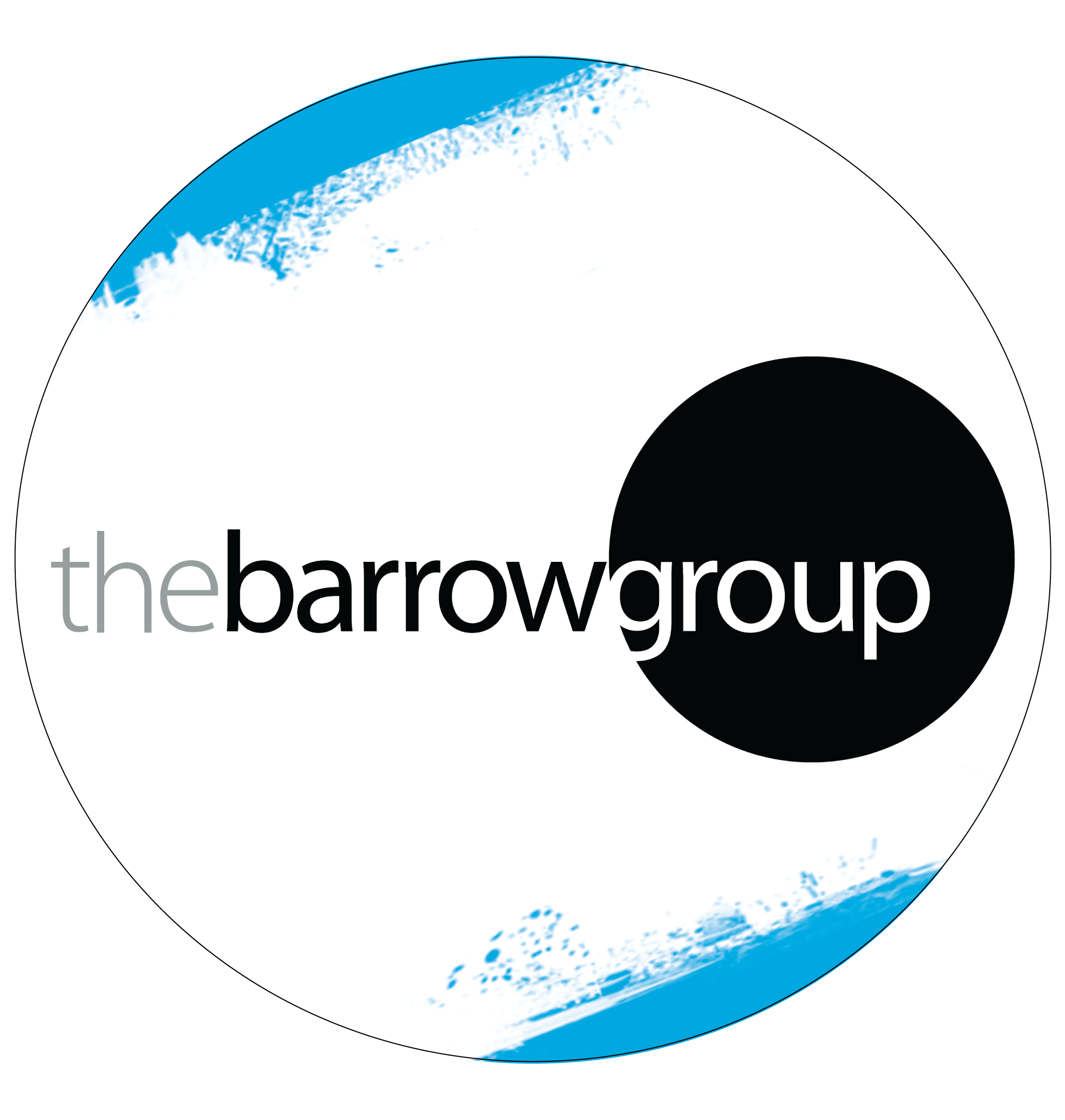I’m teaching a ten-week monologue class. I ask everyone to bring in contemporary material, and also, of course, Shakespeare.
A student, Alex, says, “I can’t do Shakespeare.”
I think, “Can’t” is a strong word. It stops us from having an experience. “Can’t…” brings us to a full stop.
Alex continues, “I just do musical theatre. I’m never going to do Shakespeare.”
I ask him, “Why don’t you give it a try? What are you going to discover about yourself when playing with these lines that seem foreign to you? What are you going to learn through the struggle? Let’s go through it a little at a time.”
I give him a piece of Edmund’s from King Lear. He picks up the script, looks down at the words, and says the first phrase:
Thou, nature, art my goddess;
I say, “You just did Shakespeare! You did it! Let’s go on.”
Alex brings his head up with a huge smile on his face and says, “ Well I didn’t really do it, I just read the line.”
“That’s a start. You did it!”
At the end of the ten weeks he performs his monologue beautifully.
I hear a lot of students say the word “can’t:” “I can’t do accents; I can’t do classical theatre; I can’t sing, etc.”
In my experience, the word “can’t” often shuts people down.
Here’s a thought…
Observe when the word “can’t” comes into play. What happens to your body? Are you tense? Do you feel a wall going up? Does your mind freeze? Does your breathing get shallow?
Perhaps the next time you find yourself thinking I can’t do this, prompt yourself to do a little bit of the thing you “can’t” do. Inch by inch, step by step, you’ll bypass the “can’t,” and before you know it you’ll not only be doing it, but maybe even doing it well.
– Lee
Lee Brock teaches many classes at TBG, including the 6-Week Summer Professional Acting Program.
Check out TBG’s full schedule of classes.

